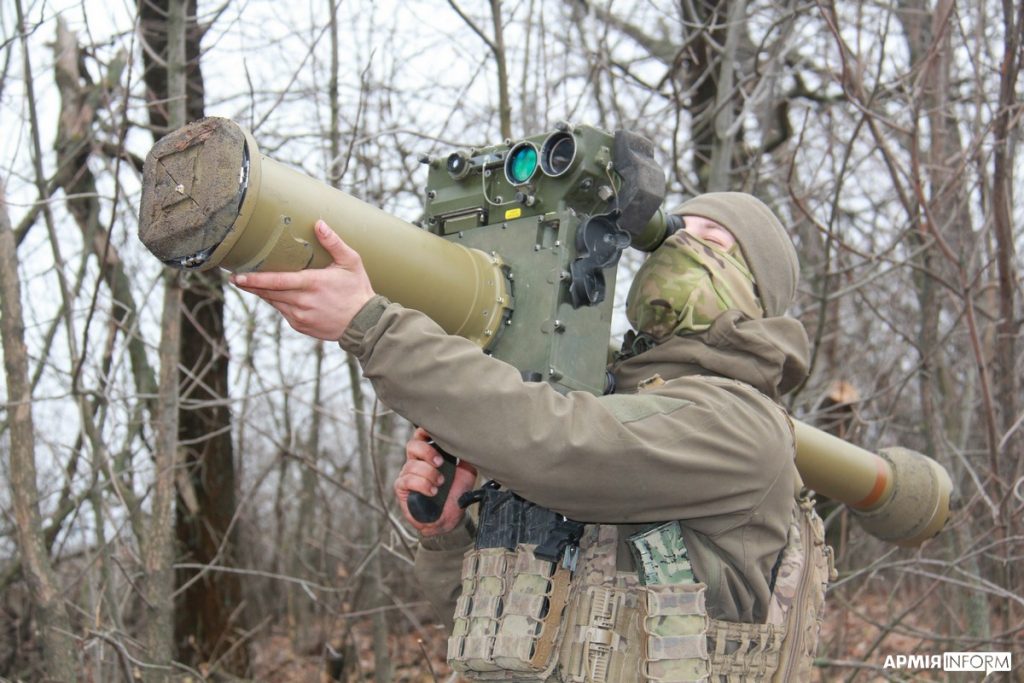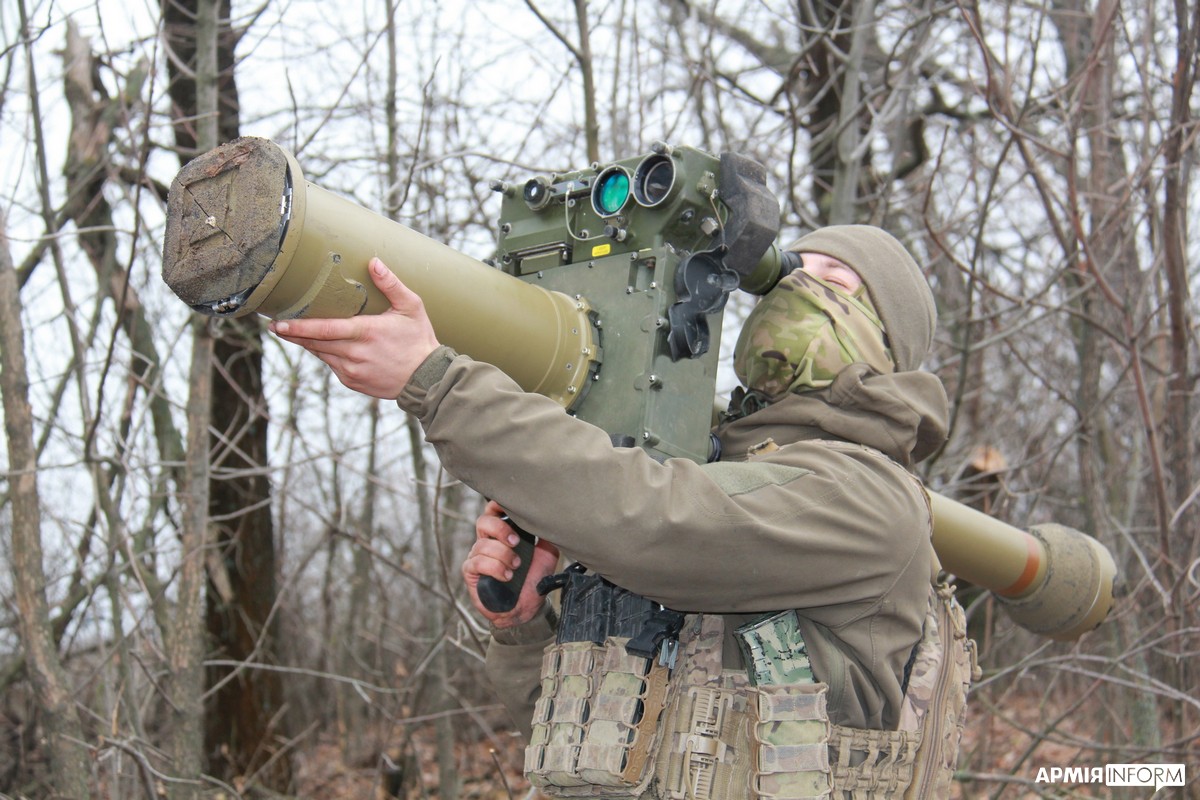
India has agreed to purchase multi-role missiles produced by Thales in the United Kingdom in a deal valued at £350 million ($468 million), according to the U.K. government. The agreement, which covers the supply of Lightweight Multirole Missiles (LMM) to the Indian Army, was signed during U.K. Prime Minister Keir Starmer’s two-day visit to Mumbai. The deal is expected to pave the way for broader cooperation on advanced weaponry between the two nations, the British government said.
“This missile deal sets the stage for a stronger partnership between U.K. and Indian defense industries,” U.K. Defence Secretary John Healey wrote on social media. “It’s an example of how the U.K. defense sector can drive economic growth.”
The U.K. has been seeking a larger presence in India’s defense market. According to a 2021 U.K.-India policy roadmap, defense and security form a key part of bilateral relations. Despite India being the world’s second-largest arms importer, the U.K. has only accounted for slightly more than 3% of India’s defense imports over the past decade, a Chatham House report noted in July.
In addition to the missile deal, India and the U.K. agreed to advance an industrial partnership to develop electric propulsion systems for naval vessels, initially valued at £250 million. This follows a statement of intent signed in November by both countries’ defense ministries to collaborate on such technology for the Indian Navy.
As India diversifies its defense suppliers away from Russia, France, the U.S., and Israel have seen significant gains, the Stockholm International Peace Research Institute reported in March. India has generally favored government-to-government deals over the U.K.’s more commercially-oriented approach, Chatham House observed.
India’s acquisition of Thales’ LMM follows a February agreement between Thales and Bharat Dynamics to supply the Indian Ministry of Defence with a laser-guided, man-portable air-defense system, including launchers and Starstreak high-velocity missiles scheduled for delivery this year.
The LMM, also called Martlet, is a lightweight missile that shares some technological features with Starstreak and can be launched from the air or ground against both airborne and surface targets. Both missile types are manufactured at Thales’ Belfast facility in Northern Ireland.
Thales reports that the LMM weighs 13 kilograms, has an operational range exceeding 6 kilometers, and travels at more than 1.5 times the speed of sound. By comparison, Starstreak exceeds Mach 3 and delivers a payload of three high-velocity darts. The contract for the LMM is expected to secure over 700 jobs in Northern Ireland.
The missiles and launchers supplied to India are the same models used in Ukraine, where the U.K. placed an order worth up to £1.6 billion in March for more than 5,000 LMMs.
Separately, the U.K. announced that MBDA’s Sea Venom anti-ship missile reached initial operating capability on the Royal Navy’s Wildcat helicopters during a deployment of a carrier strike group led by the Prince of Wales aircraft carrier in the Indo-Pacific. The Sea Venom complements the Martlet system, with the capability to engage large warships, including corvettes and patrol vessels, according to the U.K. Ministry of Defence.





